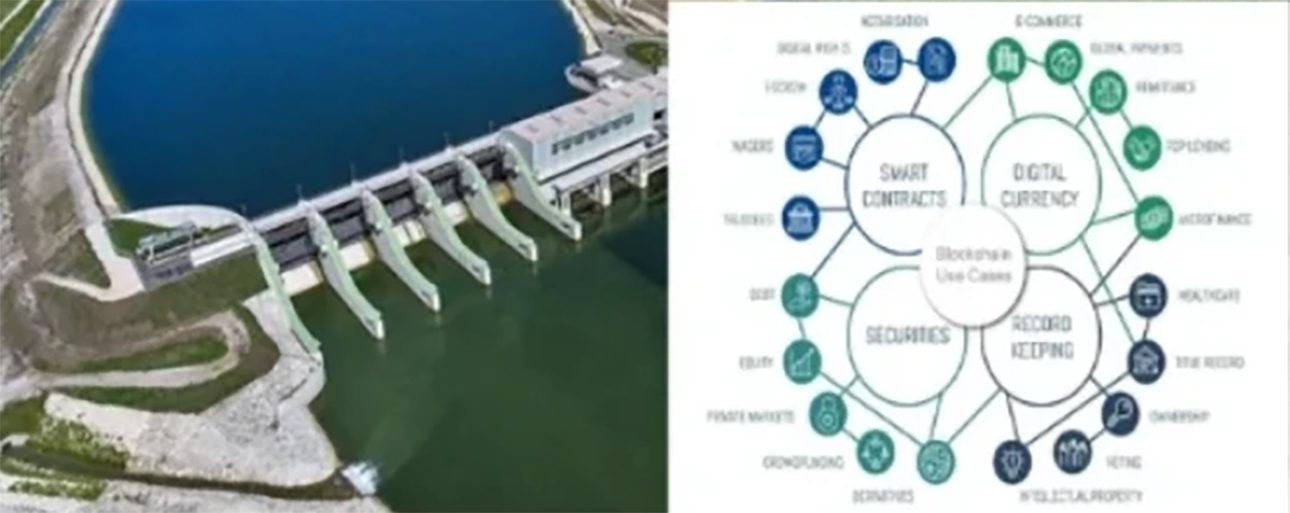IOP Conference Series: Materials Science and Engineering 1218 (1), 012027
Financing Public-Private Partnership Infrastructure Projects through Tokenization-enabled Project Finance on BlockchainTian, Y. RE Minchin, C Petersen, E Moayed, P Adriaens

About the Project


The tokens can be either utility (e.g. for every dollar paid in, the investor receives 2 dollars of energy) or security (equivalent to having a share in the infrastructure asset, with payouts based on performance). It has been argued that tokens reduce the cost of financing to the cost of software (smart contract), that transparency of performance renders financing through tokens more liquid, and that breaking up large capital commitments into smaller self-executing tokens allows access to more retail investors.
Related
Asset tokenization: A blockchain solution to financing infrastructure in emerging markets and developing economies
